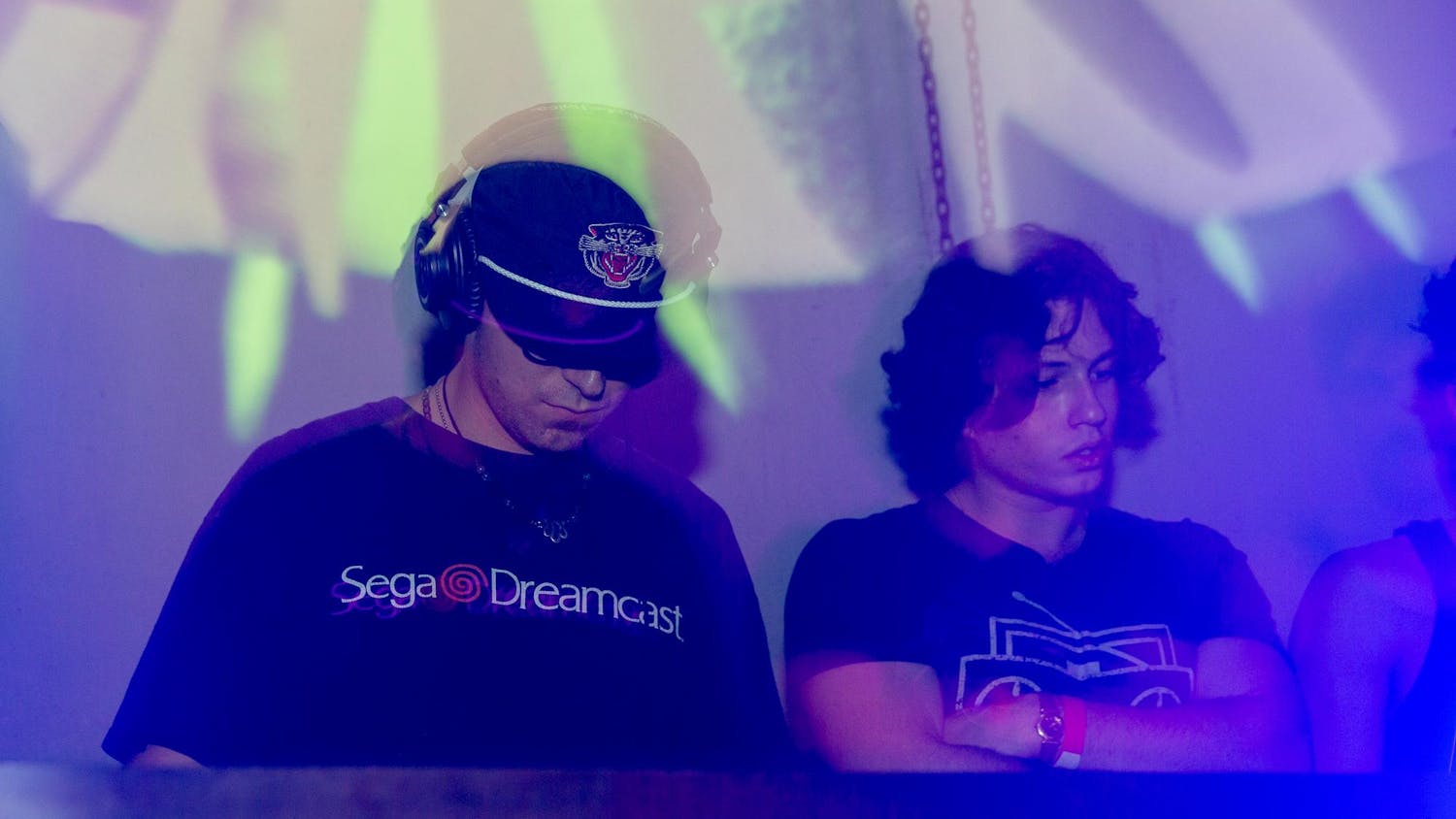Unless you slept through last week, you've probably heard a lot of talk about digital piracy. The shutdown of Megaupload and the reaction by Anonymous, as well as the collective reaction to SOPA and PIPA, mark a distinct moment in American music. Let's face it, just about all of us have listened to a song on YouTube — an activity SOPA would have liked to eliminate — and probably almost as many have downloaded copyrighted material illegally — use whatever vague, shade-of-grey language you wish to color it. In spite of the constant backlash against the recording industry for promoting such draconian legislation, it doesn't come without a reasonable motive: According to the RIAA, "only 37 percent of music acquired by U.S. consumers in 2009 was paid for."
That's a reality of the music world today that affects everyone from record store owners and musicians to distributors and label executives. But then again, the statistics for the top albums that did sell in that year look just as bleak: in order, Taylor Swift, "Fearless;" Susan Boyle, "I Dreamed a Dream;" and Michael Jackson, "Number Ones." The first two speak for themselves. The third, however, deserves attention. How can we as listeners respect the recording industry's claims that piracy hurts artists when some of the only quality music released is essentially a mix CD to profit from the drudged-up back catalog of a dead icon?
Of course it's 2012 now, but I bring this up to forecast the ways in which artists and labels are adapting to the ever-changing climate of the music business. Aside from the bulldozer approach spearheaded by most major companies, many strategies mark the ways in which artists and labels orient themselves in relation to the "digital music revolution," if you want to call it that. As listeners, we will see these changes take place mostly in how we buy music, how we find new music and how we see live music. Often these changes will be symbiotic.
Most noticeably, we'll see the continued dwindling of traditional music stores, especially CD stores like f.y.e. While CDs still control the lion's share of music purchases, at 76 percent in 2011, the majority of them are being purchased in big box stores such as Walmart and Best Buy. However, the CD itself looks destined to become obsolete, as MP3 downloads win for portability and vinyl wins for sound quality (and the two are being packaged together to win over the discerning buyer).
While CD sales continue to decline, labels must find ways to persuade listeners to not just download the material illegally. One method I've seen that seems very compelling is to offer label podcasts, where an independent label will have artists on their roster make mixtapes or future releases from the label, giving listeners a gauge of what to expect from their current and upcoming records.
Stones Throw Records, in particular, takes it one step further, offering a few recent outings and the rest as individual free downloads that can be bundled with a purchase on their online store. The podcasts themselves are often worth the purchase, geared toward a specific style that can often be exclusively heard through the DJ mixes (often frustratingly so — where else can I hear some Turkish funk music?).
Others may release video mixtapes, often ultra-specific digital music video streams, to highlight their DJs and artists. It's a beautiful system: The labels get attention for holding all the great artists and mixes in their catalog, the DJs get attention for their mixes and the artists themselves get attention for their work.
Of course, the concert promoters also want a cut of the action, which is what brings the rise of the music-festival culture that has overtaken America with comic gaudiness. Most people don't think of the show promoter as particularly hurt by the Internet's effect on the music industry, but think about it: If you're an independent band, chances are you might prefer to contact venues on your tour yourself and create Facebook events for them rather than find some sleazy guy to get college students to staple fliers to telephone poles for free weed.
The answer is simple: Make shows so huge that it needs to be masterminded by someone. Cue the corporate sponsors and fluff bands. Put it somewhere in the middle of nowhere, and get ten headliners.
All of a sudden, tickets are worth hundreds of dollars, and they sell out.
It's hard to tell exactly where the industry is heading, but I have more hope now for the future of music than I've had in the last few years. The piracy wars definitely aren't going anywhere anytime soon, but at least they'll have a good soundtrack.





